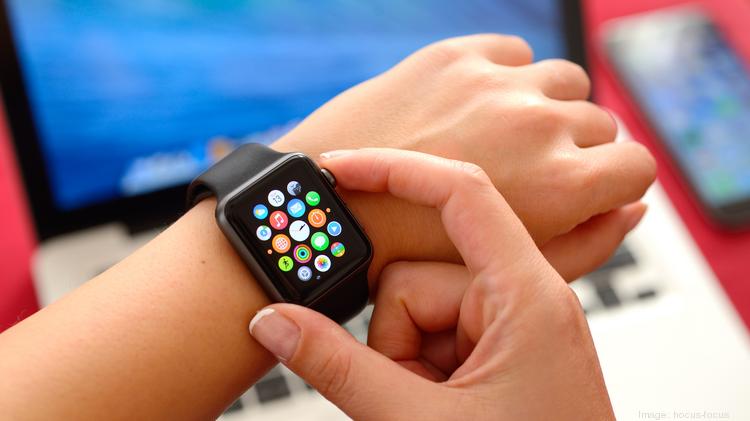After months of anticipation, Apple has released a software update enabling the echocardiogram feature on its Apple Watch Series 4. In addition to measuring the heart’s rhythm, the wearable includes a fall detection sensor that automatically notifies emergency services if a fall is detected. With the inclusion of such features, Apple seeks to partner with private Medicare plan providers to subsidize the cost of the watch for senior citizens. Apple hopes its health-focused tech can be used for preventative care. Apple CEO Tim Cook further touts Apple’s conviction to allow users to proactively manage their own health data, which he states will be Apple’s “most important contribution to mankind.”
While such claims reflect upon the industry’s optimistic mindset of healthtech advancement, it is important to note the security and privacy implications such tech will have on our society. Where will our health data be stored and how will consumers access their own information? Most importantly, how will insurance companies utilize this data? As we continue to accelerate the implementation of health tech into our lives, we should keep these questions in mind.

